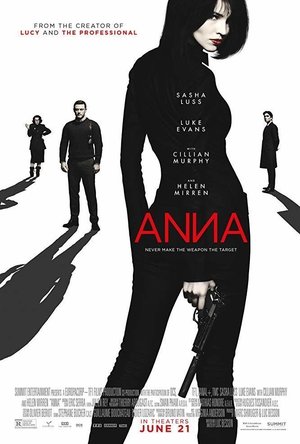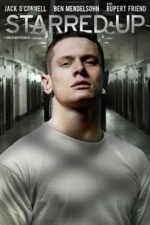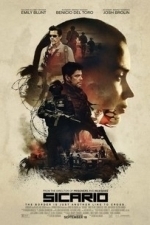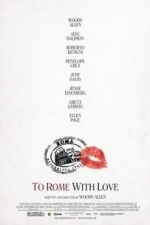JT (287 KP) rated Anna (2019) in Movies
Mar 10, 2020
Writer/director Luc Besson has pretty much rehashed the script for Nikita (aka La Femme Nikita). That film had a remake too, Point of No Return, which starred Bridget Fonda and Gabriel Byrne. This latest offering doesn’t do anything new whatsoever. There are several well choreographed and extremely violent fight scenes as well as a car chase which seems to be a staple part of any Luc Besson film.
It’s not the most intelligently written action thriller. And there are plot holes all over the place.
The sexual exploitation is not as fierce as Red Sparrow. Anna uses an array of colourful wigs and lingerie to entrap her victims before ultimately putting a bullet in them. This only seeks to justify her sex appeal. The supporting cast is OK but nothing special. Helen Mirren is probably the stand out of the bunch, although her character has a striking resemblance to Edna from The Incredibles – or maybe that’s just me?
When Cillian Murphy‘s CIA agent gets involved it becomes hard to know who is double crossing who, and the extra plot strand threatens to confuse things. What results is a kind of Cold War love triangle which gravitates towards an interesting finale only ruined by predictability.
It’s not the most intelligently written action thriller. But it is fun and film fans should appreciate Besson’s high energy and European flair. I prefer him as a writer than director. Anna doesn’t shy away from bringing graphic violence in a Wick-esque style which is often lost with Hollywood blockbusters, so that gets a big tick. But it’s hard not to look past a regurgitated storyline.
JT (287 KP) rated Starred Up (2014) in Movies
Mar 16, 2020
It’s a major part of their relationship as Nev’s parental tactics involve the cruel to be kind method. It’s the only way that Eric is going to survive and the only way he will walk out in one piece. Eric finds some solace in Oliver (Rupert Friend) whose anger management sessions are a place to unleash a tirade of resentment. It places him within a group where any other individual might find themselves out of their depth – Eric takes it full on.
The film is written by Jonathan Asser, a former prison psychotherapist who worked in HMP Wandsworth. So he more than anyone can inject the film with a massive sense of realism. The prison violence can be hard to watch but you don’t find yourself turning away from the screen.
It’s not shrouded in Hollywood gloss and is shot with graphic precision. Mendelsohn’s performance is excellent playing the psycho and his delivery is spot on. Friend is also a joy to watch and a real talent. The Homeland star-making imprints into the acting elite.
However, this is very much O’Connell’s film and it’s not hard to see why he is fast becoming a standout actor. Grabbing this role in a vice-like grip he battles with his personality, the adoration from his father and a corrupt system who want him eradicated. It doesn’t paint the prison system in a particularly good light but then prison isn’t supposed to be a holiday camp.
Gareth von Kallenbach (980 KP) rated Sicario (2015) in Movies
Aug 6, 2019
Emily Blunt delivers another strong acting performance as a “girl scout” FBI agent who raids drug houses in Arizona. She is somewhat of a “Bad Ass” among her crew, as her life has become dedicated to the job and she believes in the cause. So when Josh Brolin comes in as the head of a “spook” CIA taskforce and recruits blunt to make some “noise” and go after the head of Mexican drug cartel, she jumps at the chance to stop the men responsible for the drug houses and make a real difference. The only problem is that as the low man on the taskforce, she is not told much which frustrates her when things start to not appear by the book.
To make things worse, Benicio Del Toro is a suspicious part of Brolin’s taskforce who doesn’t seem to fit into the puzzle. It is through Del Toro that we learn the truth about the operation and the real meaning of the word Sicario. Del Toro’s performance burns with silent chaos as you just know he is the “coolest guy” in the room, both in style and nerves. He is someone who is not to be trifled with as an ally or an enemy but still maintains a sincerity towards Blunt and her idealism. This is one of his best performances in years.
Ultimately Sicario is a slow paced suspenseful action film that feels real. Even though the pacing is slow, at no point did the film drag as you are constantly wondering what is really going on just like the strong and refreshing female lead in an action film like this.
Gareth von Kallenbach (980 KP) rated To Rome with Love (2012) in Movies
Aug 7, 2019
Offering amplified versions of reality, “To Rome with Love” simultaneously feels close to home and utterly foreign. And this ebb and flow defines the entire picture.
With a blend of actors the film runs a marathon of bipolar juxtaposition. From familiar Hollywood faces, playing characters so typified that they needn’t be explained, to European actors, who bring honest perspective to the tourist filled environment.
And “To Rome with Love” is unexpected. There’s a Baldwin in a self-reflective role. Roberto Benigni plays a character that is downright drab. All while sharing a series of stories that question the absurd nature of the human experience.
The film shakes viewers up by exposing them to moments so stereotypic that are simple to grasp yet impossible to believe. And the result is effortless comedy.
Moreover, using only simple effects, strategic angular tricks and precise framing of scenes, “To Rome with Love” gets the audience thinking. The result is an hour and forty minutes that fly by like a dense vacation, too good to explain to your friends back home.
While I will avoid the pretentious research and amplified hyper analysis that follows Woody Allen, I do want to make one point clear; this is a film that anyone, regardless of interest in film study, is apt to enjoy, sure to find funny, and for a few might, even serve as a launch pad to into the cinema of the human condition.

Active by POPSUGAR
Health & Fitness, Lifestyle and Stickers
App
POPSUGAR Active: Work Out When You See Fit! Your fitness life should be fun, fulfilling, and easy...
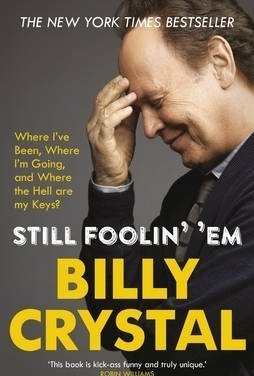
Still Foolin' 'Em: Where I've Been, Where I'm Going, and Where the Hell are My Keys?
Book
This book is New York Times Bestseller. "A book with a thousand laughs entwined with unknown stories...
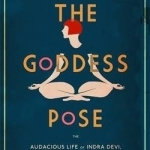
The Goddess Pose: The Audacious Life of Indra Devi, the Woman Who Helped Bring Yoga to the West
Book
When the woman who would become Indra Devi was born in Russia in 1899, yoga was virtually unknown...
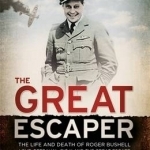
The Great Escaper: The Life and Death of Roger Bushell - Love, Betrayal, Big x and the Great Escape
Book
Roger Bushell was 'Big X', mastermind of the mass breakout from Stalag Luft III in March 1944,...
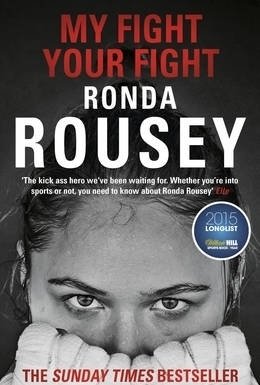
My Fight / Your Fight: The Official Ronda Rousey Autobiography
Book
This book is the winner of British Sports Book Awards. It is also the Sports Book of the Year. 'I...
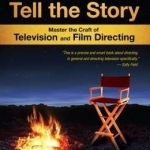
Directors Tell the Story: Master the Craft of Television and Film Directing
Bethany Rooney and Mary Lou Belli
Book
Move over, movies: the freshest storytelling today is on television, where the multi-episodic format...
